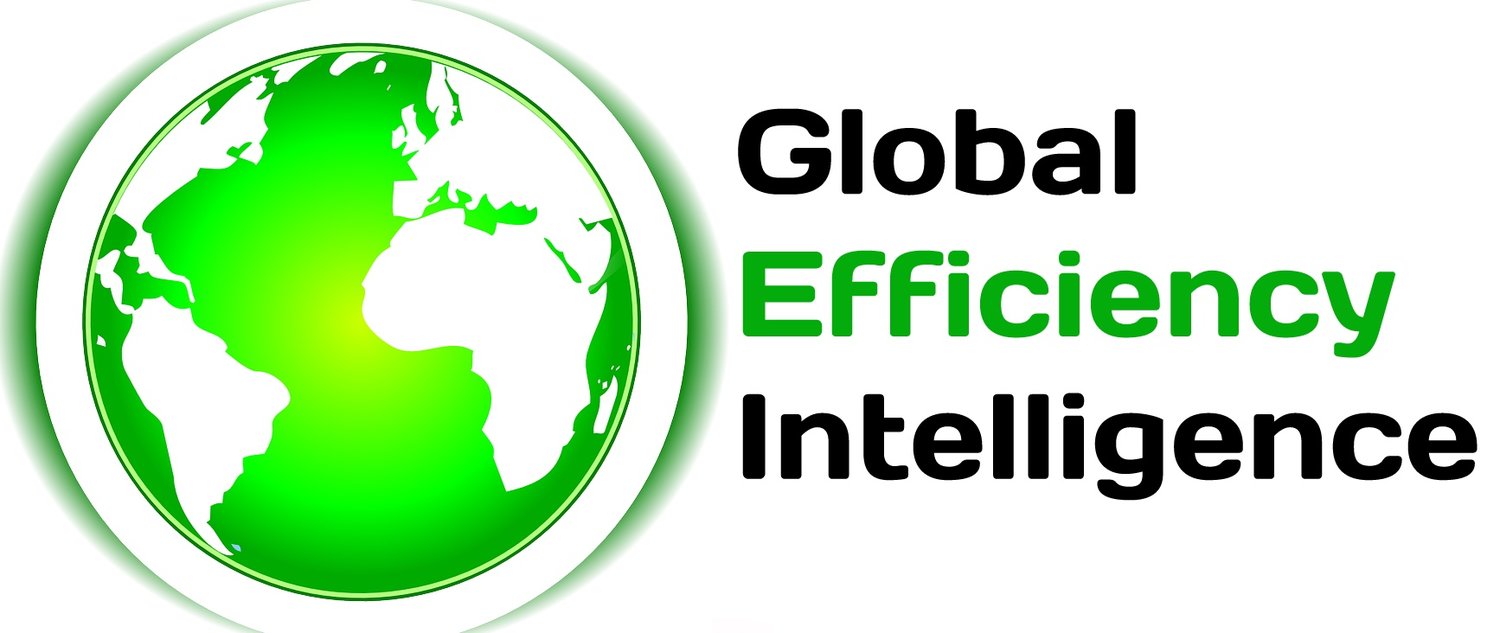Electrification of Heating in the Textile Industry
The textile and apparel industry currently accounts for approximately 2% of global anthropogenic greenhouse gas (GHG) emissions. The sector has been growing rapidly in recent years due to increasing demand from both developed and developing countries and world population growth, which will increase its environmental and climate impacts unless effective steps are taken to abate them. For these reasons, the textile and apparel sector is keenly interested in identifying and implementing opportunities to reduce its carbon and environmental footprint.
As is the case in many other industrial sectors, a key challenge for the textile industry in lowering its carbon footprint is its heavy reliance on thermal energy – steam and hot water – for its industrial processes; heating typically represents over half of its total energy demand in the textile industry. In textile plants, this heat is often delivered as steam that is primarily generated by combustion boilers using fossil fuels. A significant amount of thermal energy is lost during steam generation and distribution (around 25%-30%).
There is a significant opportunity to decarbonize the textile and apparel sector by shifting heat production away from inefficient and carbon-intensive fossil fuels to more efficient, clean electrified processes where low- or zero-carbon electricity is used.
Global Efficiency Intelligence is working on a study to investigate four separate electrification pathways with the ability to lower the CO2 footprint of the textile industry in China, Japan, and Taiwan. We quantify the potential energy savings, CO2 emissions reductions, and costs of each technology pathway in each of the three economies studied.
The four electrification technology pathways are:
1) Industrial heat pumps (only for the textile wet-processing industry)
2) Electric steam boilers (for the entire textile industry)
3) Electric thermal oil boilers (for the entire textile industry)
4) Electric processing equipment (only for seven textile wet-processing processes)

